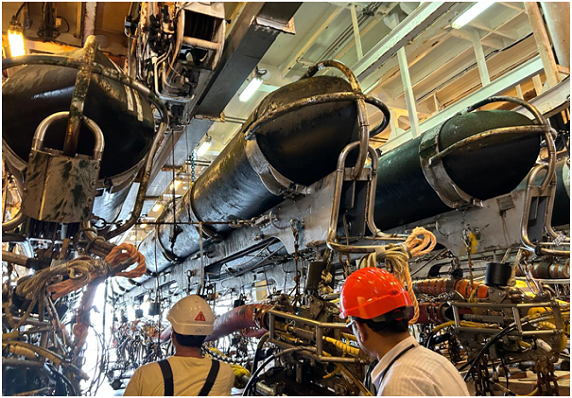Our Association in Seismic Data Acquisition
Seismic data acquisition is closely associated with various disciplines and industries, prominently including petroleum exploration and reservoir management. In the oil and gas sector, seismic surveys are integral to locating underground reservoirs and assessing their potential for hydrocarbon extraction. By analyzing seismic waves reflected from different rock layers, geophysicists can create detailed subsurface maps, identifying geological structures and estimating reservoir volumes and properties.
Beyond energy exploration, seismic data acquisition also supports environmental studies, earthquake research, and infrastructure development. In environmental science, it helps monitor ground stability and detect underground water resources. Seismic data aids in understanding earthquake mechanisms and assessing seismic hazards, crucial for urban planning and disaster preparedness. Moreover, the construction industry relies on seismic surveys to evaluate soil conditions for building foundations and assess the integrity of existing structures.
Advancements in seismic technology, such as multi-component sensors and advanced data processing algorithms, continue to expand its applications. These innovations enhance the resolution and accuracy of subsurface imaging, further broadening the impact of seismic data acquisition across scientific research, resource management, and risk assessment disciplines globally.


